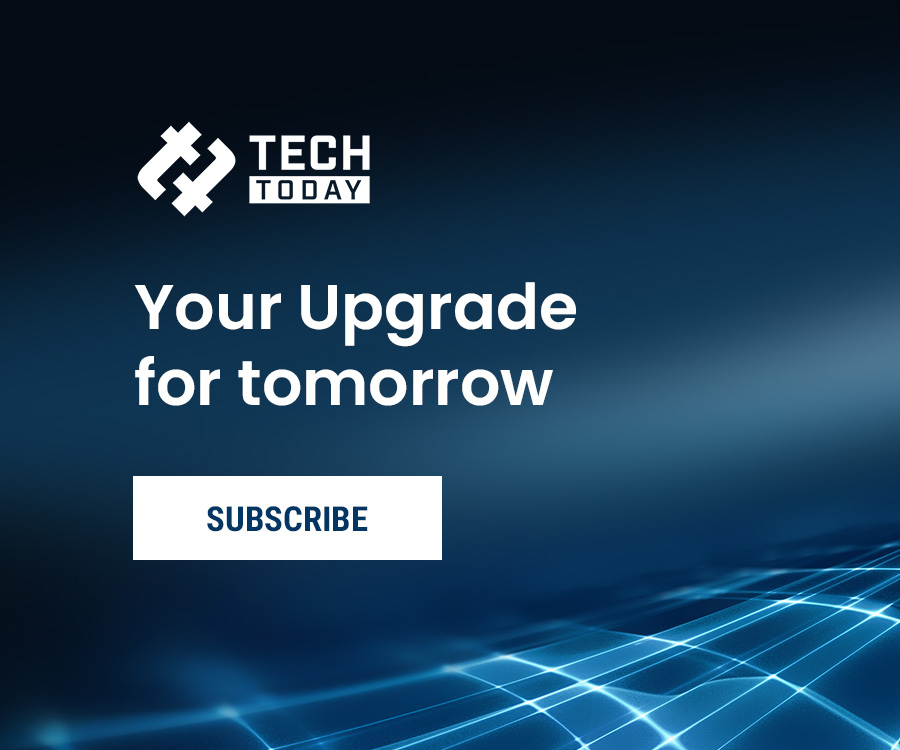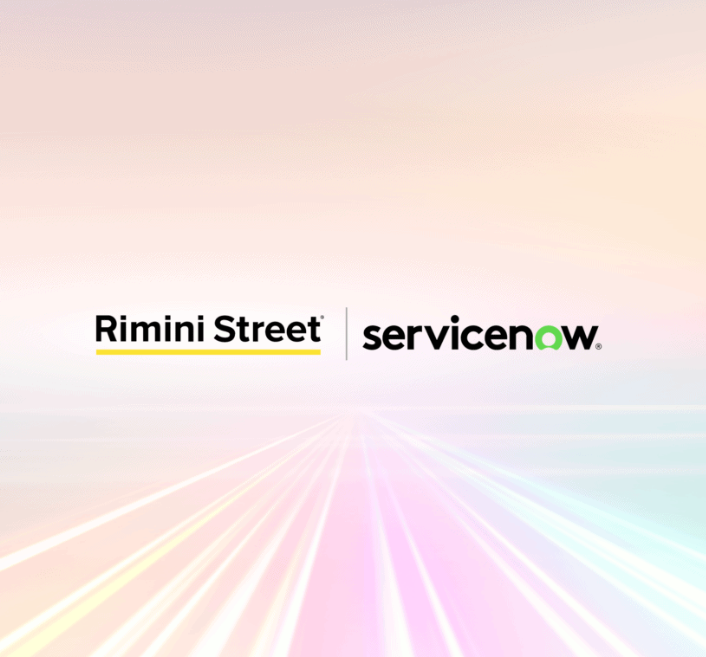ServiceNow, an AI platform for business transformation, and Rimini Street, a provider of enterprise software support, have expanded their partnership to help organizations leverage existing ERPs and fund new innovation. This joint solution merges ServiceNow’s single architecture and data model with Rimini Street’s enterprise software support to drive innovation in procurement, finance, HR, customer service, and IT.
According to Gartner® research, ERP leaders are encouraged to “adopt an ERP approach that will enable a promising automated business strategy by challenging old beliefs that led to static and monolithic ERP architectures.” Traditionally, companies faced two options with their ERP: “rip and replace” for a costly, high-risk overhaul or “lift and shift,” which limits innovation while saving some infrastructure costs.
The ServiceNow and Rimini Street model offers an alternative, providing immediate savings and driving AI-powered productivity gains within weeks. “Twentieth-century systems have created a mess of complexity that hinders 21st-century innovation,” said Bill McDermott, CEO of ServiceNow. “Our partnership with Rimini Street gives customers a unified, intelligent platform to maximize software investments, accelerating transformation.”
“We are excited to offer a model that maximizes ROI on current software investments, integrates siloed software landscapes, and frees funding for innovation,” added Seth Ravin, CEO of Rimini Street. “This partnership combines the best of ServiceNow innovation and Rimini Street support to solve complex IT challenges.”
The solution includes:
- ServiceNow AI Platform: Rimini Street designs and manages the Now Platform, maximizing productivity while funding deployment through efficiency savings.
- Rimini Support™: Third-party support for traditional software, saving costs and eliminating mandatory upgrades for 15 years.
- Rimini Manage™: Application management that allows IT to focus on innovation rather than software operations.
“It is imperative to accelerate AI, digital transformation, and automation without being slowed by the cost of upgrading or migrating,” said R “Ray” Wang, principal analyst at Constellation Research.



